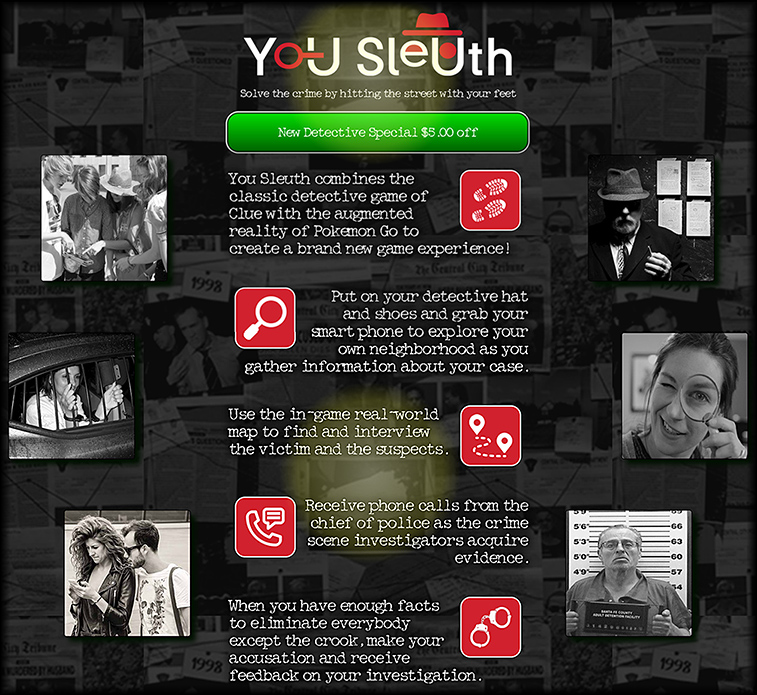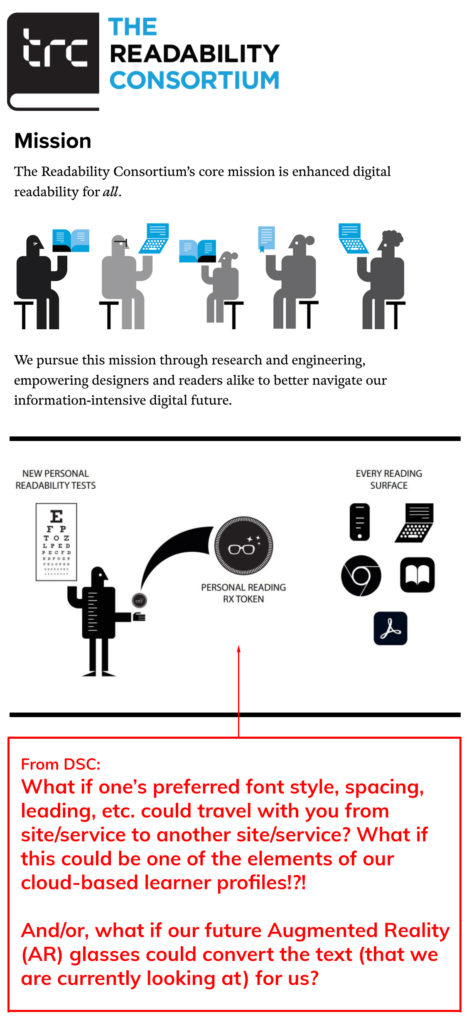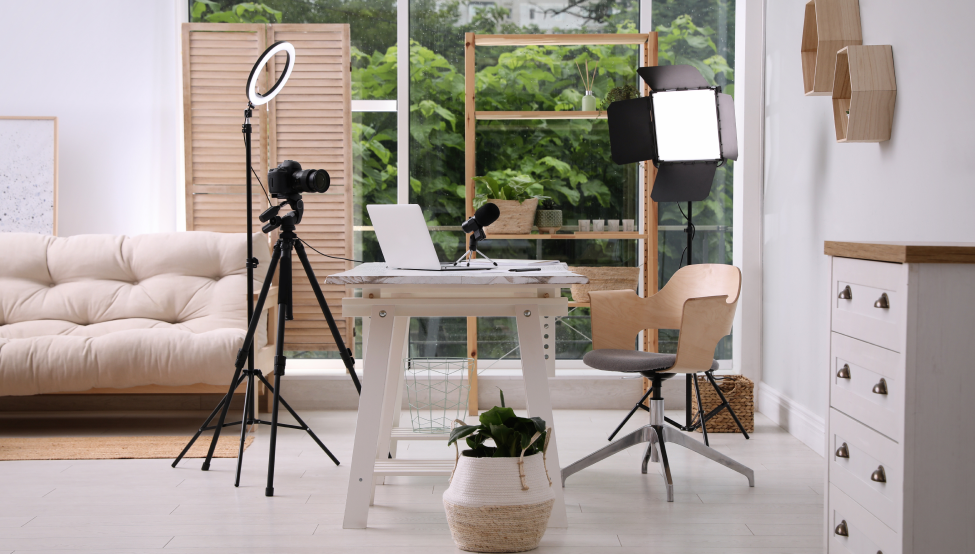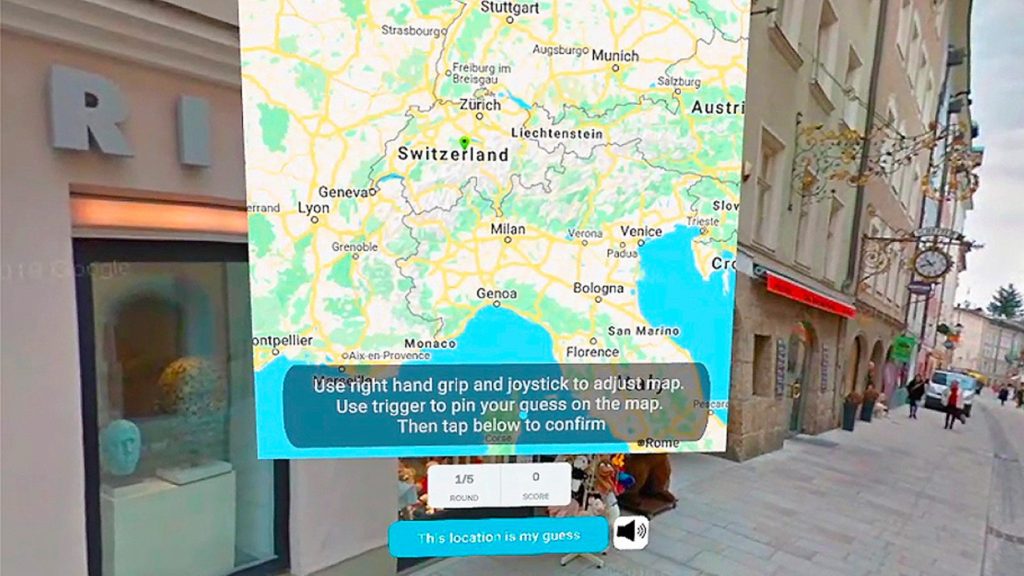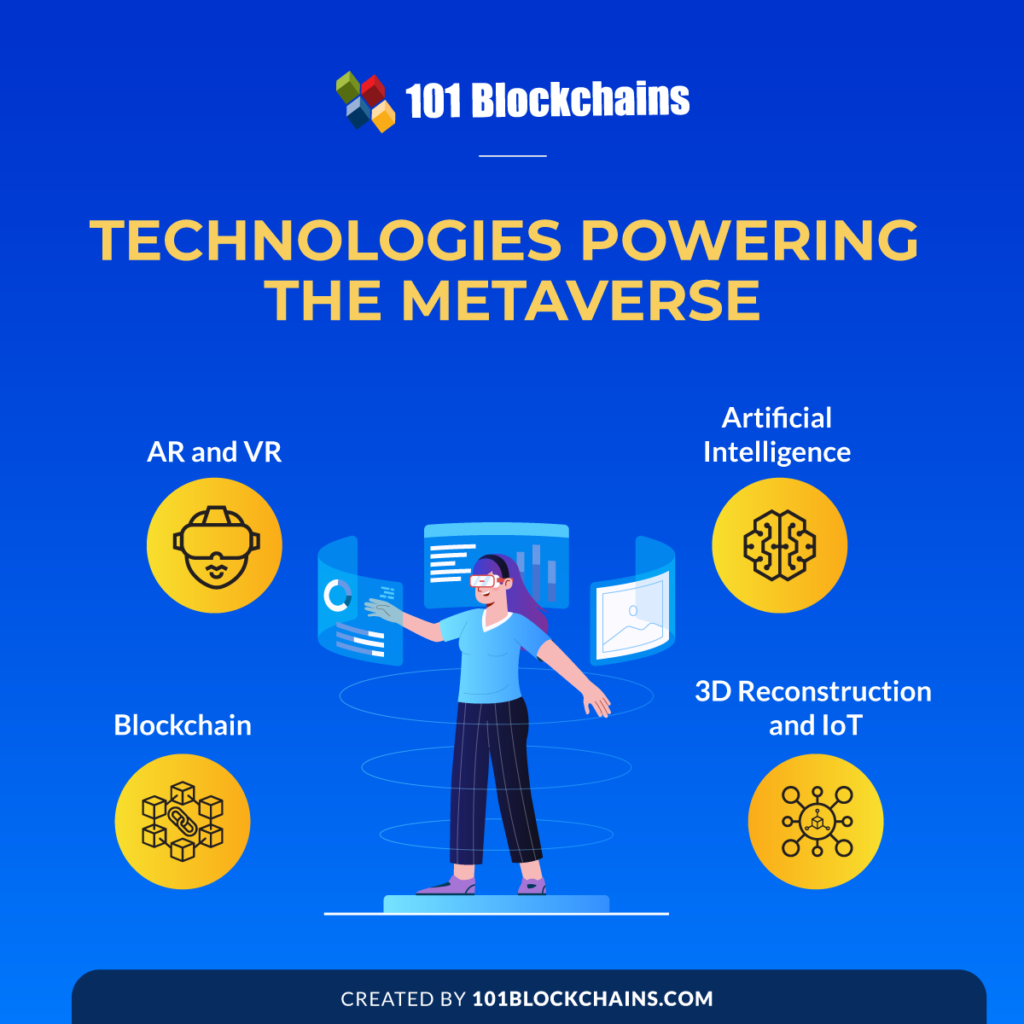One District’s Ongoing Hybrid Success — from by Erik Ofgang
Early in the pandemic, Kyle Berger, chief technology officer for Grapevine-Colleyville Independent School District, installed cameras in every classroom for hybrid learning. Those cameras continue to be used in innovative ways.
Excerpt:
In the meantime, the cameras continue to be utilized in a variety of ways, including:
- For students who are out of school with COVID or for other medical reasons to keep participating in class.
- To allow a teacher to quickly record an explanation or lesson so students can access it later. “The way they’re mounted on the ceiling, the teachers started taking that to a different level because you could reach up to the webcam if you wanted to and you could turn it to point down, and now in a sense, it’s a document camera,” Berger says.
- To help with the substitute teacher shortage. “We can bridge two classrooms together through our video solutions, and maybe just have an instructional aide in the second classroom,” Berger says.
- To allow educators to engage in professional development by watching videos of their own lectures and lessons.
“It’s really allowed us a lot more flexibility to continue to navigate the ever-changing environment and education right now,” Berger says.
From DSC:
I’d probably use the word hyflex here instead of the word hybrid…but you get the point. I would also assert that for the following relevant article as well:
- Hybrid classrooms – impressive solutions but are we asking the right questions? — from acreelman.blogspot.com by Alastair Creelman













